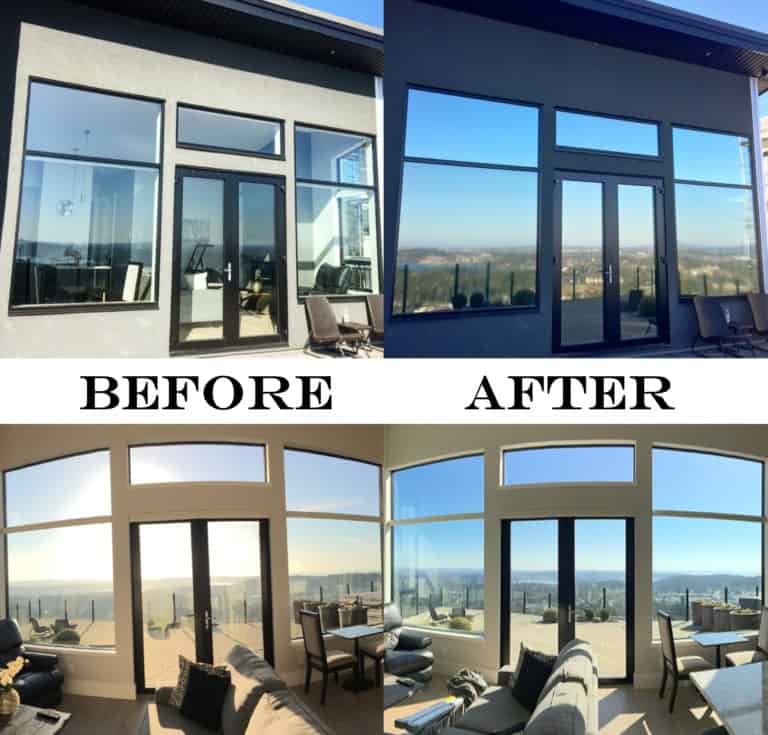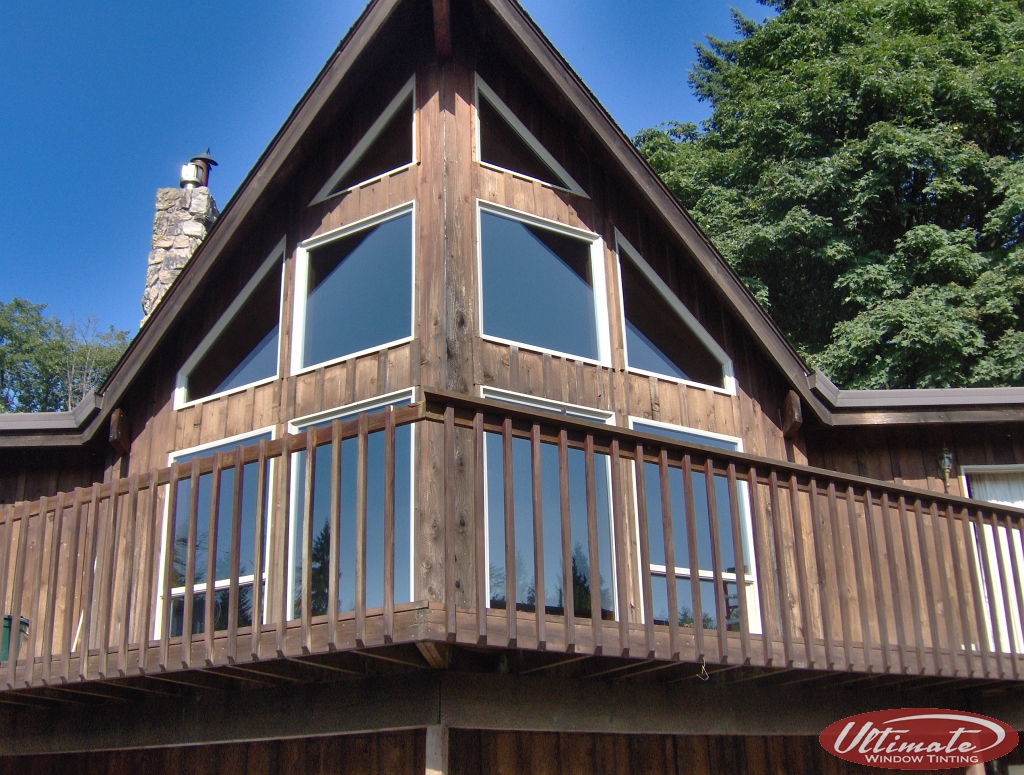Residential Window Tint: Boost Protection and Add a Layer of Security
Residential Window Tint: Boost Protection and Add a Layer of Security
Blog Article
Just How Residential Home Window Tinting Improves Your Home's Power Efficiency
Residential home window tinting presents a compelling service for homeowners seeking to improve power performance within their living spaces. By applying specialized films to home windows, it successfully lowers warmth transfer, thereby supporting interior temperatures and reducing the requirement for extreme heating or air conditioning.
Recognizing Home Window Tinting
Recognizing home window tinting is important for property owners looking for to boost both convenience and power efficiency in their space. Residential Window Tint. Window tinting includes the application of a slim movie to the inside or exterior surface of glass windows. This film can considerably modulate the quantity of sunlight and warmth that goes into a home, hence affecting indoor environment conditions
There are various types of window tinting movies offered, each with distinct properties. The performance of window tinting is commonly measured by its Visible Light Transmission (VLT) portion, which shows how much light can pass via the movie.
Benefits of Power Efficiency
Home window tinting not just boosts aesthetics however also plays a substantial role in improving power effectiveness within residential areas. By reducing heat transfer through windows, colored films produce a more secure indoor climate, which can bring about considerable reductions in power consumption for heating & cooling. This energy performance equates right into lower energy costs, offering home owners with considerable lasting savings.

Additionally, home window tinting boosts the comfort of living spaces. By decreasing glow and blocking hazardous UV rays, colored home windows create a more pleasant atmosphere, which can lead to boosted wellness for occupants. The defense against UV rays also aids preserve furnishings and flooring from fading, adding to the longevity of house products.
How Tinting Works
Tinting movies operate through a mix of sophisticated products and innovations designed to manage the amount of solar power getting in a home. Mainly made up of polyester, these movies commonly incorporate ceramic or metal bits that mirror and soak up heat. This double capacity enables them to dramatically minimize the infiltration of ultraviolet (UV) rays and infrared radiation while permitting visible light to travel through.
The effectiveness of window tinting is gauged by its solar heat gain coefficient (SHGC), which suggests just how much solar energy is transferred with the home window. Lower SHGC values are more effective as they denote greater heat denial. In addition, window tints can include a selection of shades, permitting homeowners to personalize their visual choices while boosting power efficiency.
Moreover, these movies work as a barrier, avoiding heat loss during chillier months by showing indoor heat back right into the home. This thermal insulation result matches the cooling advantages gained throughout warmer months, adding to a well balanced interior environment year-round. By taking care of solar power successfully, household home window tinting not just boosts convenience yet also plays an important role in decreasing energy consumption and lowering utility bills.
Choosing the Right Tint

There are numerous sorts of window movies readily available, including colored, metalized, and ceramic. Colored films are affordable yet may have limited durability. Metalized films supply better warm denial but can hinder digital signals. Ceramic movies offer exceptional warmth control without compromising exposure and are very durable, making them a popular option.
Noticeable light transmission (VLT) is an additional crucial element, as it suggests the quantity of all-natural look what i found light that can pass via the colored glass. Home owners should pick a tint with a VLT that complements their lighting choices while still providing adequate glare reduction.
Furthermore, evaluating the solar warm gain coefficient (SHGC) can assist figure out how well a color can obstruct warmth from sunshine. A lower SHGC shows much better warm control, eventually improving energy efficiency.
Installation and Upkeep Tips
Appropriate installment and maintenance are essential components in maximizing the advantages of residential window tinting. Specialists also utilize specialized devices and methods, which can improve the durability and efficiency of the color.
Following setup, maintenance is crucial to lengthen the life of the window film. It is suggested to wait at least 30 days prior to cleaning up the colored home windows to permit the adhesive to cure completely.
In addition, routine inspections visit the site are advantageous. Inspect for any kind of peeling or bubbling, which can show improper installation or put on over time - Residential Visit Your URL Window Tint. Addressing these problems immediately can stop additional damage and preserve energy performance. By sticking to these installment and upkeep tips, house owners can ensure their home window tinting continues to offer considerable power financial savings and convenience for several years ahead.
Final Thought
In final thought, household window tinting functions as an effective solution for improving power effectiveness within homes. By lowering heat transfer and blocking damaging UV rays, window films contribute to reduce energy consumption and enhanced indoor comfort. The option of proper tinting materials, in addition to correct setup and upkeep, even more takes full advantage of these benefits. Eventually, home window tinting represents a lasting investment that not just lowers energy bills but additionally promotes a comfy living environment throughout the year.
Home window tinting entails the application of a thin film to the interior or outside surface area of glass home windows. By decreasing warm transfer via home windows, colored films produce a much more secure indoor climate, which can lead to significant decreases in power consumption for heating and cooling.The efficiency of home window tinting is determined by its solar warmth gain coefficient (SHGC), which indicates how much solar energy is transferred with the home window. By handling solar power properly, residential window tinting not only enhances comfort but likewise plays an essential duty in reducing power consumption and lowering energy bills.
By minimizing warmth transfer and obstructing hazardous UV rays, window movies add to reduce energy usage and enhanced indoor comfort.
Report this page